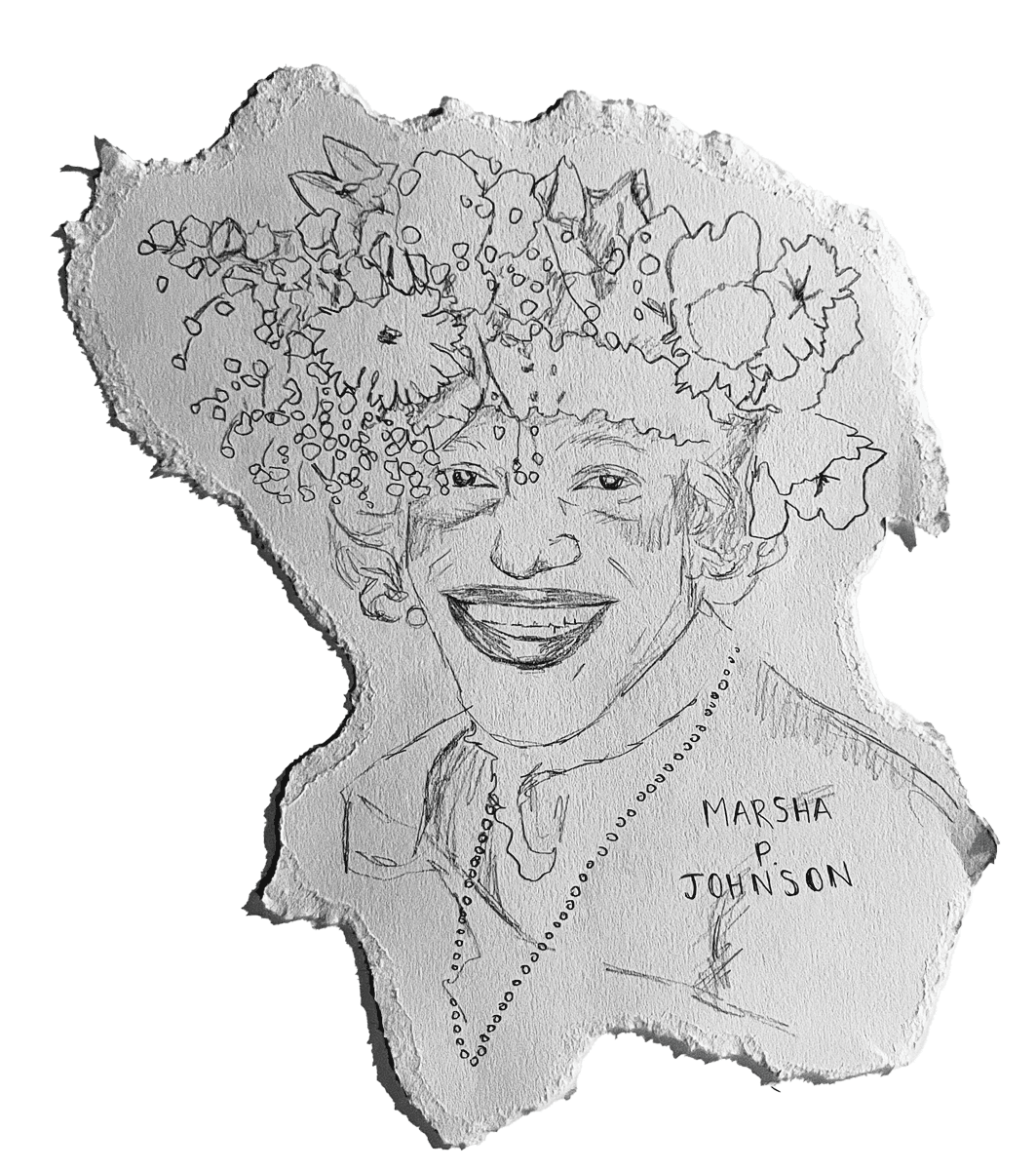For those who believe in the untapped potential of psychedelic therapy, Measure 109 is a small but significant victory. Starting in January 2023, psilocybin will be legalized for supervised, therapeutic use in Oregon. This comes decades after scientific evidence was found for its possible health benefits. The measure is the first of its kind, setting a precedent for states to consider in the future.
Of course, nothing involving the War on Drugs is ever so straightforward. Possession and consumption of psilocybe cubensis will remain illegal outside of authorized facilities. All patients must be over 21. Further setbacks, such as ease of access and lack of insurance coverage, continue to stand guard against those who seek real change. Upcoming therapeutic centers like the Subtle Winds Transformative Retreat Center in Eugene will have to tackle these barriers head-on as they work their way toward licensure.
The Subtle Winds team is a mix of education experts, psychologists, traditional plant experts and medical practitioners. They are working on gathering future facilitators and hope to eventually welcome patients for some of the first psychedelic therapy available in Oregon. While they haven’t established a physical location yet, they are looking for a rural property in Lane County to support the atmosphere of natural healing.
Benjamin Brubaker is one of the group’s key organizers. He is also known in Eugene for his work with White Bird Clinic as well as the homeless community. After over 15 years of psychedelic harm reduction experience, his dream of opening a therapy center is finally becoming a reality – but there’s a long road ahead. Facilitators will begin licensure training courses in January, but it’s still unknown when the first healing centers will open their doors to treat patients.
“What we’re planning on doing now is our 12- week long course starting in January. But as far as I can tell, there will be no trained facilitators at that point. A lot of other programs are a lot longer; we’re trying to do a condensed training. Our folks will be wrapping up their practicum hours sometime in April or May of 2023.”
One major barrier for centers like Subtle Winds is county-designated opt-out votes. Twenty-four out of 36 Oregon counties have voted to delay approval for at least two more years. Counties that have approved the measure include Lane, Multnomah, Jackson and Lincoln. This division will have consequences, especially for those individuals who may need the treatment most.
“Those folks who are low income or coming from historically marginalized, under-resourced populations will be forced to add travel costs to get into the counties that are still allowing it. The opt-out votes are really just targeting people who are low-income,” Brubaker said.
Despite the low cost of growing the mushrooms, the treatment costs will remain restrictively high, between $700 and $1500. This will be another out-of-pocket cost for patients not yet covered by insurance. Subtle Winds is hoping to mitigate this barrier by developing methods like sliding-scale and even scholarship funds for those in need.
“Meanwhile, somebody who’s wealthy in one of those counties, they’ll jump in the car, get a hotel room for a few nights and go wherever they want to get the treatment,” Brubaker continued. “Then all of the available treatment centers are going to deal with those extra people coming in from those other counties.”
For an equitable billing service model to emerge, psilocybin would need to be decriminalized at a national level. It is currently classified as a Schedule I drug, meaning it has “no currently accepted medical use and a high potential for abuse,” according to the DEA.
“At the time when these psychedelic substances were made schedule one, there were already hundreds of therapists having success with the people that they were working with. And they were ignored by the politicians at that time,” Brubaker said, ”We have to get back to a science-based approach — and the science is demonstrating that there are therapeutic applications for these substances.”
According to numerous studies, including the Annual Global Drug Survey, psilocybin is non-lethal and non-addictive. Even in large quantities, it is considered one of the lowest-risk drugs in terms of safety. Furthermore, research centers like John Hopkins have shown major improvements for patients suffering from mental conditions such as depression, anxiety, addiction and PTSD.
Despite the setbacks, these upcoming developments could inspire big changes for psychedelic accessibility going forward.
“I hope to see a robust new ecosystem designed to help support our folks here locally that are struggling with different kinds of behavioral health issues, as well as helping people out on a larger scale,” Brubaker said. “I really think there is the potential for Eugene and other areas to become a mecca for this kind of treatment. We think that all of that is pointing towards more changes to come, even at a national level.”
With the War on Drugs aimed to stigmatize psychedelic research and target marginalized communities, Subtle Winds hopes to redirect the focus away from the “war on people.”
“The issues that we’re encountering are mainly coming from that. The main mission is to allow for a safe and effective container for people who choose to use these therapeutic medicines to be able to allow them to legally do so. That’s really at the heart of what we’re trying to do.”







